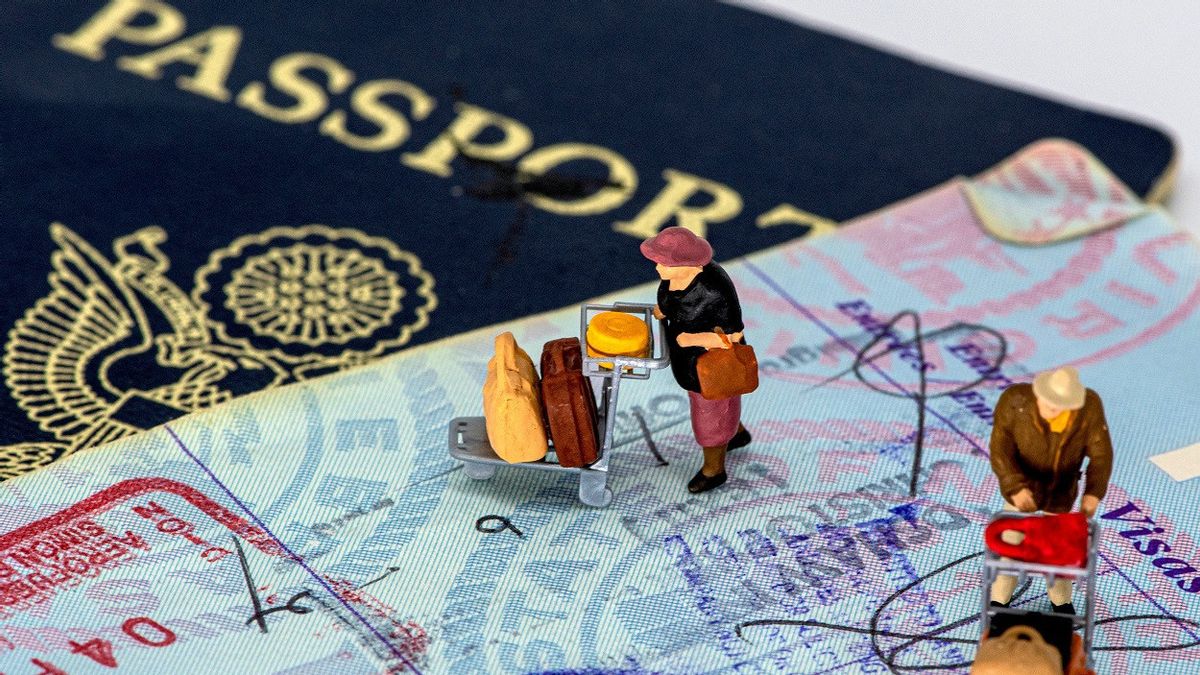JAKARTA - No country is guaranteed entry into every country, but increasing global mobility allows those in the top positions to be very close.
It is not surprising that more people are applying for dual citizenship than ever before. A total of 227 different travel destinations around the world require a passport to enter borders.
The data collected by the Henley Passport Index provides an interesting picture of the state of future travel, looking at the bigger picture of who is allowed where and why in a post-pandemic world.
The index uses information from the International Air Transport Association (IATA), to calculate how many travel destinations the 199 passports worldwide have access to.
It is defined as a destination that allows visa-free entry or visa on arrival, rather than a longer and more complicated screening process.
As states begin to reopen, holiday sales are booming. But which country holds the key to as many travel options as possible?
Here are the top five countries for 2022. Ireland and Portugal (187 countries) Sweden, Netherlands, France, Denmark and Austria (188 countries) Spain, Luxembourg, Italy and Finland (189 countries) South Korea and Germany (190 countries) Japan and Singapore (192 countries)From the ranking above, the passports of the two superpowers, Britain and America do not occupy the top position, proving to be not as strong as many people thought.
Along with Switzerland, Norway, New Zealand and Belgium, they are in sixth place, steadily declining since the pair topped the list in 2014.

There's no exact reason why, but it could be a result of the growing adoption of anti-immigration sentiment by the respective governments. This means that various European destinations have cemented their position above the UK and the United States.
Many Asian countries have surged across the indexes since their inception in 2006. Japan maintains its position as the world's strongest passport, reflecting how the country has evolved from globalization.
Meanwhile, several countries have not had the good fortune including Syria, Afghanistan and Iraq, whose passports allow entry to fewer than 30 destinations.
This year's index shows the "travel freedom gap" is at an all-time high. It is measured by the difference, between the highest and lowest performing countries in the index.
Japan and Singapore's respective destination access is 166 giant countries larger than the destination access that can be achieved with an Afghan passport.
Previous research from the London School of Economics echoed this, while the second half of the 20th century was a great time for visa exemptions and expanding travel networks, there were winners and losers under this system that continues to be impacted today.
To note, some of the reasons for this could be exacerbated by the events of last year, including the pandemic and the ongoing political crisis.
The English, Chinese, Japanese, Arabic, and French versions are automatically generated by the AI. So there may still be inaccuracies in translating, please always see Indonesian as our main language. (system supported by DigitalSiber.id)













